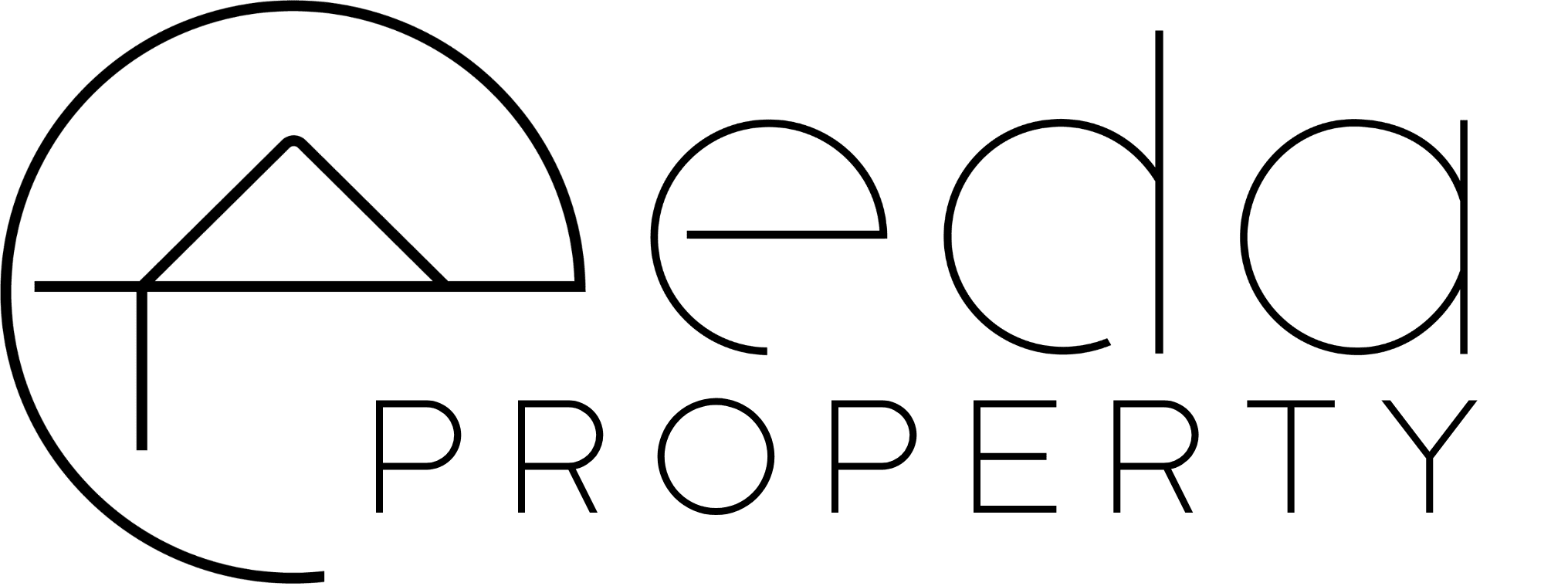Brokers Push Back On Bank Cashback
Mortgage refinancing is hitting record highs with borrowers looking for better deals as interest rates continue to rise.
According to the latest figures, in August there were $19 billion worth of refinanced loans while new lending figures have dropped by 25% since the start of the year to $25 billion per month.
The mortgage broking industry is now accusing banks of “borderline misleading behaviour” with its push to encourage people to refinance by offering cash back incentives.
Finance Brokers Association managing director Peter White says, while banks offer cash back incentives, it is the brokers who effectively end up subsidising the deals.
He says brokers must pay back a tiered amount of their initial commission from the banks if a borrower refinances within two years.
The FBAA is preparing a report on the issue for Financial Services Minister Stephen Jones in an effort to have him review the situation. It wants to limit the cost of cashback to mortgage brokers.
PropTrack executive manager economic research Cameron Kusher says the banks know the refinancing market is going to be very strong in the next six months and they are doing what they can now to increase their market share.
Reduce Home Loans is offering $10,000 cashback; uBank $6,000 on loans of $1m or more and $4,000 on loans under $1m; AMP is offering $5,000; Bank of Melbourne, St George and RAMS are all offering $4,000, all with conditions.
Buying Smaller Can Achieve Big Savings
One way home-buyers can make big savings is to compromise on the size of home they want to buy.
Analysis in the Domain House Price Report for the September Quarter shows buyers can save up to $335,000 if they opt to buy a three-bedroom house instead of a four-bedroom house.
In Sydney the median price for four-bedroom houses is 335,000 more than the median for three-bedroom houses.
In Hobart the gap is smaller but still significant at $225,000, Adelaide $172,250, Melbourne $135,000, Perth $133,000 and Brisbane $108,700.
Real Estate economist Diaswati Mardiasmo says financially it is a worthwhile compromise for younger home-buyers.
“When we look at the cost of living, mortgages are getting more expensive,” she says.
When it comes to the unit market, home-buyers in almost all capital cities will pay more for a two- bedroom house than a two-bedroom unit.
Sydney had the biggest difference of $180,000, followed by Melbourne’s $145,000 and Perth’s $85,000.
It was only in Brisbane where a two-bedroom house was cheaper than a two-bedroom unit by $21,000.
Home Loan Borrowers In A Fix
Recent interest rate rises have increased the number of mortgage holders seeking to lock in fixed rates.
A series of rate rises since May 2022 means some homeowners are now paying around $1,000 each month more than they were earlier this year.
Lenders report a surge in interest for fixed rates, but analysts question whether that will be necessary.
Most variable rates sit below 5% but very few lenders are offering fixed rates below that level with the big four offering fixed rates between 5.29% and 6.69%.
That means changing now could result in borrowers paying even more than they are currently paying and it could take another three or more rate rises before it breaks even.
Some analysts predict the official interest rate will stop at 3.1%, but others predict it will reach 4%.
There is also some speculation that the RBA may start cutting rates in late 2023.
For those who fixed their rates in 2020 and 2021, there is a financial shock awaiting them, with estimates that there is $400 billion worth of fixed-rate home loans due to expire by the end of 2023 which equates to about $12 billion worth of additional repayments.
“Invariably as buyers’ borrowing capacity has been reduced with interest rate hikes, the reality is people are having to work off amended budgets, and they have to look at slightly different configurations,” she says.
Off-market Sales Can Be Costly
Sellers may opt to offer their property for sale off-market to try and save on advertising costs, but new research shows this may be a false economy.
PropTrack analysis of houses sold off-market between July 2021 and March 2022 shows the price achieved off- market is 3.8% lower than listed properties.
The biggest differential was in Greater Sydney where off-market sales went for 4.2% less than on-market sales, which is equivalent to about $60,000.
The unit market had similar results with off-market sales achieving 1.3% less.
PropTrack senior economist Paul Ryan says selling off market can come at a “significant cost to sellers”.
“Some sellers might try to save money by not advertising online, (but) this analysis shows the potential earnings lost in the final price far outweighs the initial cost of advertising — particularly in a market with prices falling,” he says.
The PropTrack research shows off-market sales in locations where median prices range from $500,000 to $750,000 are affected the most with unlisted sales selling for 4.2% lower than those properties taken to market. The difference was slightly lower in high-end markets where off-market sales went for about 3.5% less than on-market sales.
Rentvesting: The Smart Strategy to Live Where You Want and Invest for Financial Growth
Rent vesting: A Smart Strategy for Property Investment? So, you want to own a house, but the idea of forking out a $7,000 monthly mortgage [...]
Inflation and Interest Rate Rises
Inflation at 2.7%: What It Means for the Future of Interest Rates and Property Investment Well, well, well—what do we have here? Inflation at 2.7%, within the magic zone! [...]
How to Leverage Home Equity to Buy Investment Properties
Owning a home in Australia comes with more than just a sense of security. For many homeowners, it opens up opportunities to grow wealth through property investment. One common [...]
Get in touch with our property investment advisors today!
Life changes – your property strategy should too. We review your portfolio yearly and support you every step.
We respect your privacy. View our Privacy Policy.
Get in touch with our property investment advisors today!
Life changes – your property strategy should too. We review your portfolio yearly and support you every step.
We respect your privacy. View our Privacy Policy.





